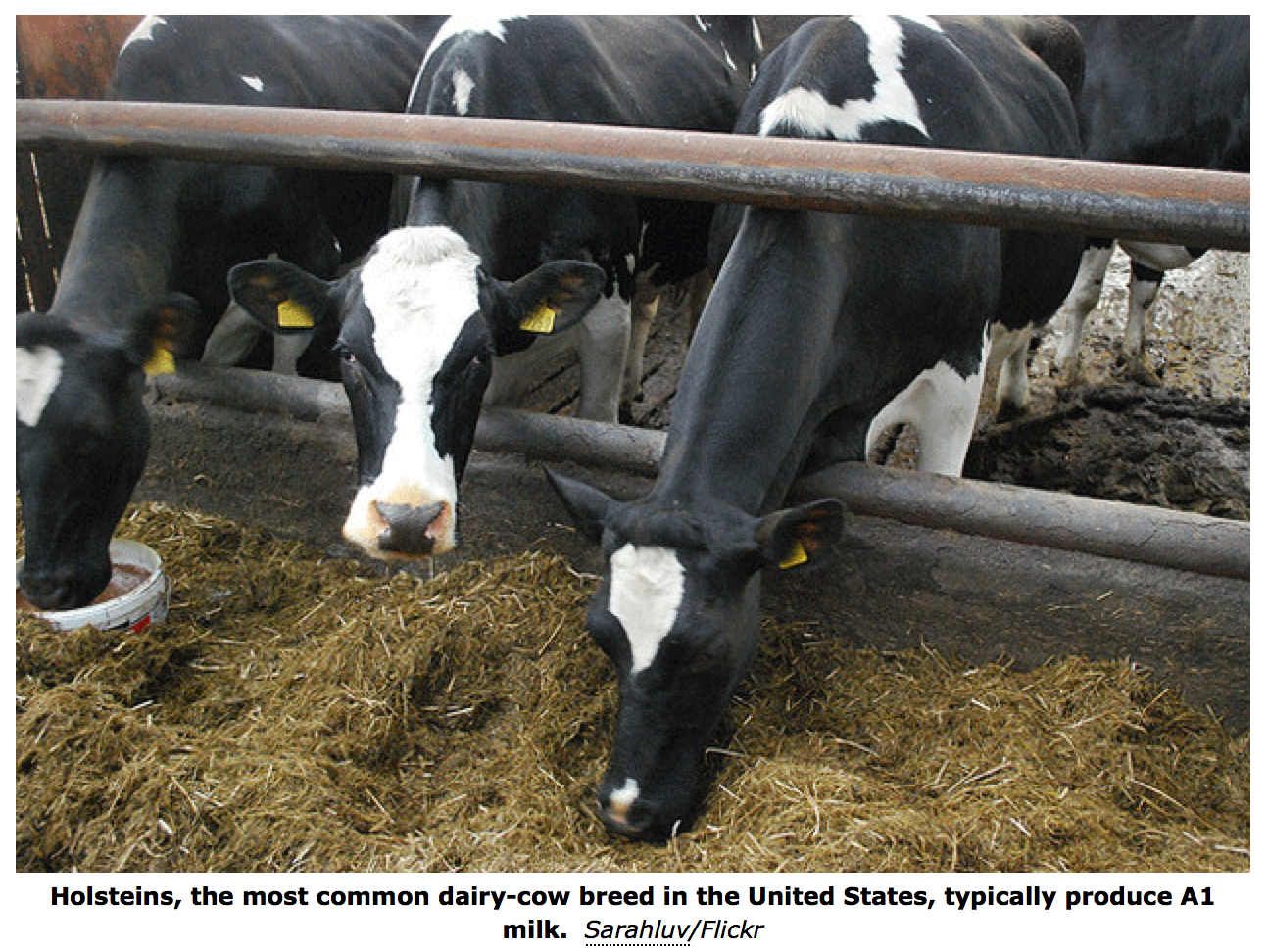As investors steer clear of emerging markets and U.S. equities, flows into developed markets overseas are gaining momentum. Dodd Kittsley takes a closer look at how to find value in Europe and beyond.
As we enter into the fifth consecutive year of a bull market, my colleague Russ Koesterich encourages investors to maintain their emphasis on stocks. But with volatility in emerging markets and a sense that U.S. equities are no longer cheap, investors are increasingly seeking exposure elsewhere. Enter: Europe.
I first hinted at Europe’s comeback on the Blog last fall, highlighting how pan-European equities gained momentum as a result of improving investor confidence in the battered Eurozone. U.S. flows into pan-European equity ETFs totaled $5.3 billion YTD*, while single country funds took in $1.4 billion. The United Kingdom and Spain led the charge with $0.7 billion and $0.4 billion, respectively. As the region gains momentum and stages an economic recovery, there are several reasons to revisit exposure in Europe.
Eurozone** stock valuations are attractive relative to U.S. stocks. As previously mentioned, we think Eurozone equities are inexpensive right now. If you look at the price to book ratio of the Eurozone versus the U.S. compared to the long term average, you can see there is much value to be had overseas.
Eurozone vs. U.S. Stocks
Source: Bloomberg as of 12/31/2013
Economies within the Eurozone are improving. We’re seeing significant developments in the Eurozone’s economy. It grew by 0.3% in the final three months of 2013, up from 0.1% growth in the previous quarter. Additionally, the CESIfo Business Climate Index, which measures the economic strength of Germany, reports that manufacturing improved for the fourth consecutive month in February.
Monetary policy promotes growth. As the Federal Reserve scales back its easy money program here in the U.S., the European Central Bank (ECB) is holding its key interest rate steady at 0.25% as the recovery strengthens. The market generally expects the ECB to keep its rates low for longer, as deflation remains a concern in the area. The countries hit hardest by the debt crisis still have much progress to make before returning to normal, and a low-for-longer rate stance by the ECB makes European equities especially attractive at this time.
Investors looking for ways to access European equities have a couple of ways to do so:
- Those seeking broad, cross-continent exposure may want to look at the iShares Europe ETF (IEV), with allocation to 17 European countries. We maintain our overweight to the Eurozone.
- For access to the Eurozone without the United Kingdom you may want to try the iShares MSCI EMU ETF (EZU).
- For investors seeking more targeted or customized exposure to Europe, individual country funds may be an attractive solution. iShares currently offers 14 of the 17 countries in the iShares Europe ETF as a single country ETF, such as:
- The iShares MSCI Germany ETF (EWG). Russ K is currently neutral to Germany.
- The iShares MSCI United Kingdom ETF (EWU). Russ K is currently neutral to the United Kingdom.
For the month of March, we have so far seen some setbacks for European equity ETF flows. We believe this could be related to geopolitical tensions between Russia and Ukraine. We continue to keep a close eye on the situation. For more on that, check out Russ K’s Blog post, What Rising Turmoil in Ukraine Would Mean for Stocks.
Dodd Kittsley, CFA, is the Head of Institutional Product Management and Consulting for iShares at BlackRock and a regular contributor to The Blog. You can find more of his posts here.
*YTD as of 02/28/2014
**Eurozone is defined as countries with the euro as its base currency.
International investing involves risks, including risks related to foreign currency, limited liquidity, less government regulation and the possibility of substantial volatility due to adverse political, economic or other developments. These risks often are heightened for investments in emerging/ developing markets, in concentrations of single countries or smaller capital markets.














